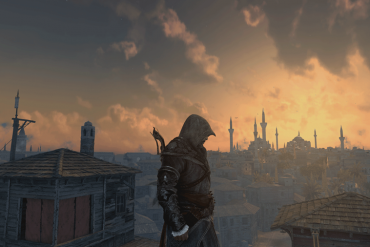November 7th
…us about the nature of ethics and realism in the gaming industry [mirror] and how the events that play out in games shouldn’t be confused with actual conflict.
Spectacle Rock’s Joel Haddock examines what it’s like to be locked out of a turn-based game and how the worst thing that can happen to you is to be denied your turn [mirror]. I for one remember the annoyance I experienced whenever my soldiers had their minds controlled by Ethereals in X-COM.
On his blog FlickeringColours, Adam Ruch attempts to extract meaning from Far Cry 2 [mirror], from its mechanics…








